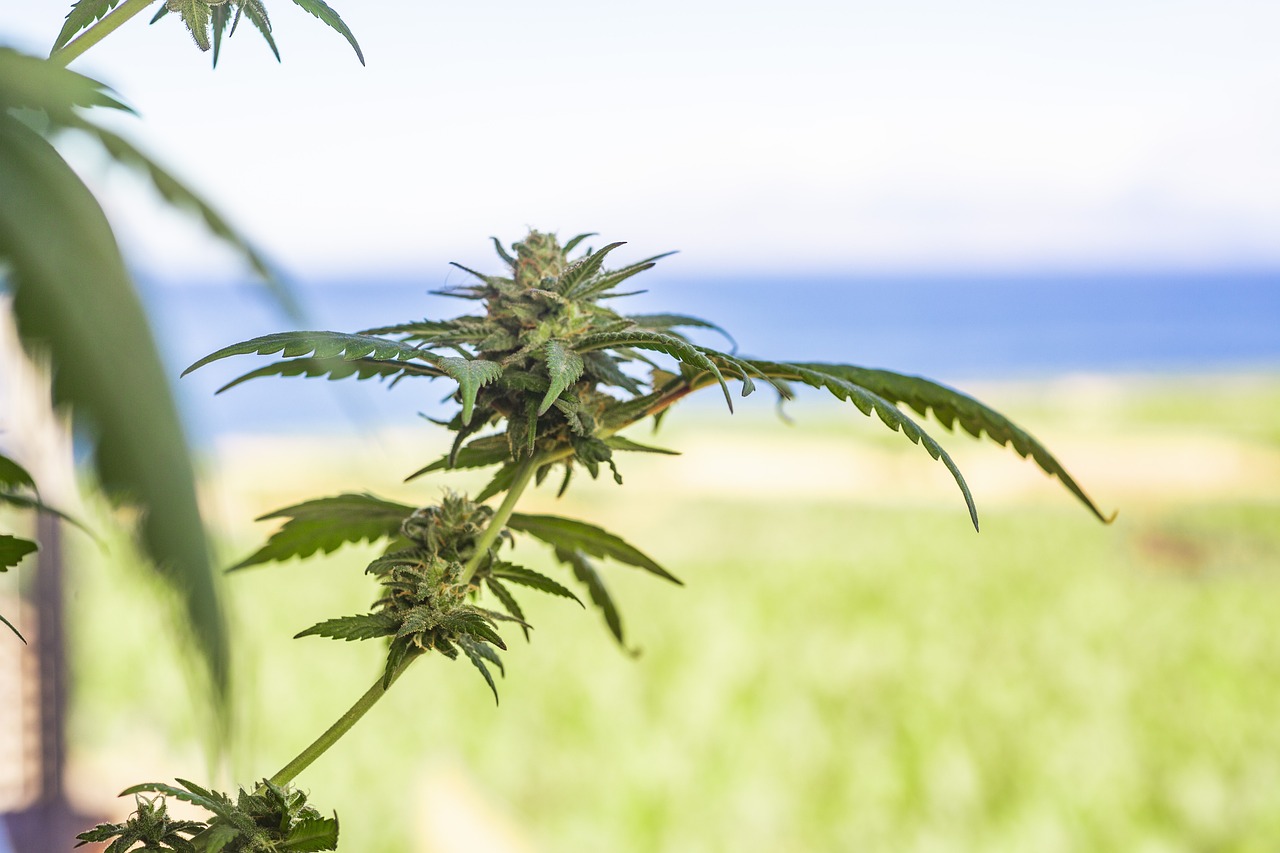THCA and the Entourage Effect: Why It Matters
In recent years, the conversation around cannabis has evolved significantly, with a growing interest in its various compounds and their potential benefits. Among these compounds, THCA (tetrahydrocannabinolic acid) has garnered attention for its unique properties and its role in the entourage effect. This article explores the significance of THCA flower for mental clarity and how it interacts with other cannabinoids to produce a synergistic impact.
Understanding THCA
THCA is a non-psychoactive cannabinoid found in raw and live cannabis. Unlike THC (tetrahydrocannabinol), which is known for its psychoactive effects, THCA does not produce a high. This compound is the precursor to THC and converts into it through a process called decarboxylation, which occurs when cannabis is heated.
Research suggests that THCA may offer a range of potential health benefits. Some studies indicate that it possesses anti-inflammatory, neuroprotective, and anti-emetic properties. These attributes make it an area of interest for those seeking therapeutic applications without the psychoactive effects associated with THC.
The Entourage Effect Explained
The entourage effect refers to the synergistic interaction between various cannabis compounds, including cannabinoids, terpenes, and flavonoids. This concept suggests that the combined effect of these compounds is greater than the sum of their individual effects. The entourage effect is believed to enhance the therapeutic potential of cannabis, providing a more comprehensive experience.
Dr. Ethan Russo, a prominent researcher in the field, has extensively studied the entourage effect. His work highlights how different compounds can modulate each other’s effects, leading to improved outcomes for users. This interaction is particularly relevant for those using cannabis for medicinal purposes, as it may enhance the efficacy of treatments.
THCA’s Role in the Entourage Effect
THCA plays a significant role in the entourage effect by interacting with other cannabinoids and compounds. Its non-psychoactive nature allows it to contribute to the overall experience without altering the user’s mental state. This makes it an attractive option for those seeking therapeutic benefits without the high.
Some potential benefits of THCA within the entourage effect include:
- Enhancing anti-inflammatory effects when combined with CBD (cannabidiol).
- Modulating the psychoactive effects of THC, potentially reducing anxiety or paranoia.
- Contributing to neuroprotective properties when used with other cannabinoids.
Case Studies and Research
Several studies have explored the potential benefits of THCA and its role in the entourage effect. A study published in the British Journal of Pharmacology examined the anti-inflammatory properties of THCA and found that it could be effective in reducing inflammation in animal models. This research supports the idea that THCA can enhance the therapeutic potential of cannabis when used in conjunction with other compounds.
Another study conducted by the University of Guelph investigated the neuroprotective effects of THCA. The researchers found that THCA could protect against neurodegenerative diseases by reducing oxidative stress and inflammation. These findings suggest that THCA may play a valuable role in the entourage effect, particularly for those seeking neuroprotective benefits.
Practical Applications and Considerations
For those interested in exploring the benefits of THCA and the entourage effect, there are several practical applications to consider. Raw cannabis products, such as fresh leaves or unheated extracts, are rich in THCA and can be incorporated into various consumption methods. Juicing raw cannabis or using tinctures are popular ways to access THCA’s potential benefits.
When selecting cannabis products, it’s important to consider the cannabinoid profile and the presence of other compounds. Full-spectrum products, which contain a wide range of cannabinoids and terpenes, are often recommended for those seeking the entourage effect. These products provide a more comprehensive experience by leveraging the synergistic interactions between compounds.
Conclusion
The exploration of THCA and the entourage effect highlights the complexity and potential of cannabis as a therapeutic tool. By understanding how THCA interacts with other compounds, users can make informed decisions about their cannabis consumption. The entourage effect offers a promising avenue for enhancing the therapeutic potential of cannabis, providing a more holistic approach to health and wellness.
As research continues to uncover the intricacies of cannabis compounds, the role of THCA in the entourage effect will likely become more defined. This growing body of knowledge will empower users to harness the full potential of cannabis, paving the way for innovative applications and improved outcomes.

